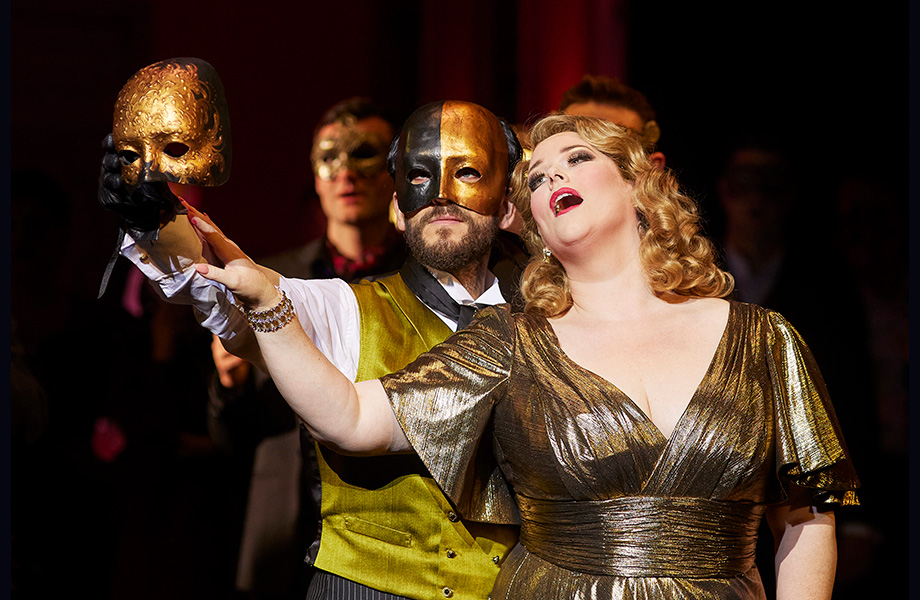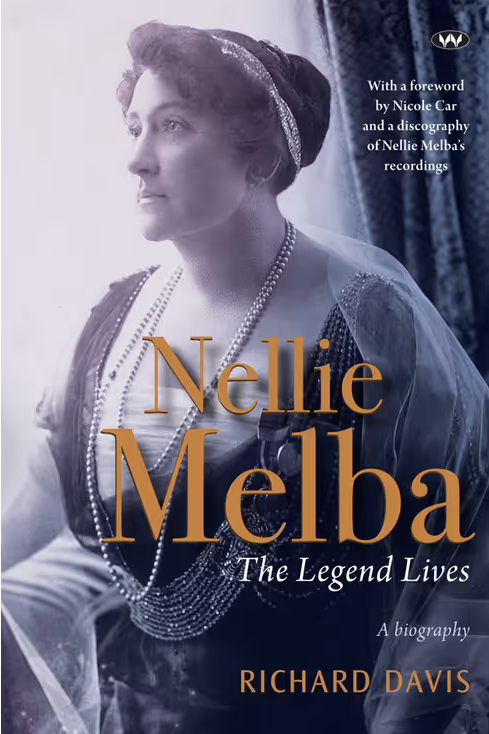The Tales of Hoffmann

On the morning of 5 October 1880, the elderly comic actor Léonce called at the apartment of his old friend Jacques Offenbach near the Paris Opéra. The door was opened by Mathurin, Offenbach’s manservant.
‘How is he?’
‘Monsieur Offenbach is dead; he died quite peacefully, without knowing anything about it.’
‘Ah! – he will be very surprised when he finds out.’
Whether apocryphal or not, this anecdote tells us a lot about Offenbach and how he was perceived as the epitome of French wit and insouciance, reflected in his many popular operettas. Naturally, his story is far more complex than this glib description, and some of the complexity of his life as an outsider, being both German and Jewish, living in Paris, is mirrored in his final, and many would maintain, his greatest opera.
Continue reading for only $10 per month. Subscribe and gain full access to Australian Book Review. Already a subscriber? Sign in. If you need assistance, feel free to contact us.















Leave a comment
If you are an ABR subscriber, you will need to sign in to post a comment.
If you have forgotten your sign in details, or if you receive an error message when trying to submit your comment, please email your comment (and the name of the article to which it relates) to ABR Comments. We will review your comment and, subject to approval, we will post it under your name.
Please note that all comments must be approved by ABR and comply with our Terms & Conditions.